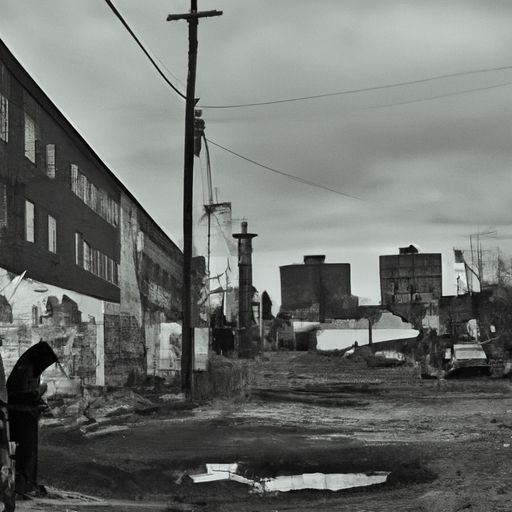The Canadian Opioid Crisis: An Alarming Public Health Emergency
The unfolding opioid crisis in Canada is a growing public health emergency that demands a deeper look and serious discussion. With rising overdose rates, impacts on hospital resources, and implications for homelessness and crime, policymakers, health professionals, and community leaders must search for sustainable solutions. Recent news from British Columbia involving the legal framework of opioid class actions provides a meaningful consideration.
Legal Landscape of the Opioid Crisis
The opioid crisis has been met by a flurry of legal actions, with British Columbia leading the charge. The province’s actionable law makes drug manufacturers and wholesalers responsible for healthcare costs related to opioid addiction. However, this legislation is currently being challenged in the Supreme Court of Canada. A looming question is whether these companies can be held accountable for their role in this devastating crisis.
Impacts of the Opioid Crisis
The devastating effects of the opioid crisis are profound – not just for individuals, but for society at large. Consider:
- Increasing hospital admissions due to opioid overdoses
- Strain on healthcare and emergency services
- Escalation in crime rates linked to drug addiction
- Rising homelessness, particularly in urban centres
Efforts to combat the Opioid Crisis
Amidst the turmoil, there have been numerous efforts to combat the crisis on various fronts, including medical interventions, harm reduction strategies, and increased policing. Considerable resources have been allocated towards increasing the availability of naloxone, a life-saving medication used to reverse the effects of an opioid overdose.
Legislation and Opioid Class Actions
BC’s legal manoeuvre underscores the importance of holding companies accountable for their part in this crisis. Legal action is a proactive approach to recoup some of the costs borne by the healthcare system and tax-payers. Though these class action lawsuits are controversial, they also represent a shift in holding pharmaceutical companies accountable.
Interventions on the frontline
Frontline efforts are vital for mitigating the effects of this crisis. This includes increased access to naloxone, as well as support systems for those battling addiction. It also encompasses support for the homeless, recognizing the intersectionality of homelessness and drug addiction, and aggressively addressing these social determinants of health.
The Role of Civic and Community Leaders
Civic and community leaders play a crucial role in fostering change and supporting sustainable solutions. By advocating for legislation, allocating resources, and supporting community initiatives, they can help shape the recovery pathway and influence the trajectory of the opioid crisis.
Reflecting on the Opioid Crisis
In closing, we must refocus our attention on the myriad of issues caused by the opioid crisis. We must not overlook the intertwined roles of homelessness, crime, and drug addiction, and the strain it places on resources like healthcare services and the wider community. Whether it’s through opioid class actions or frontline interventions, the simultaneous need for accountability and support is clear.
Let us use this moment, this legal challenge in the Supreme Court, as an opportunity to consider the impacts and facilitate mindful discussion on the opioid crisis. Our collective actions can make a positive difference.
